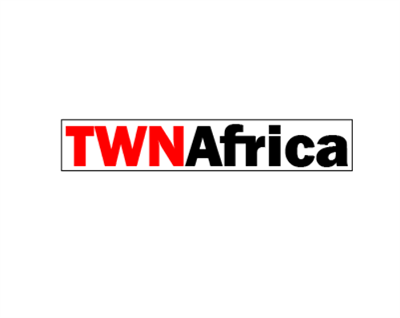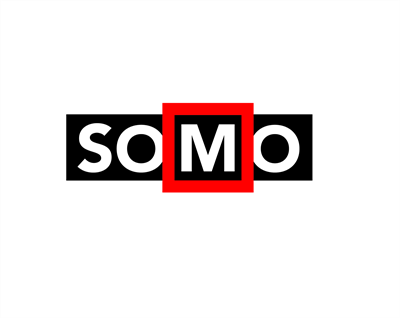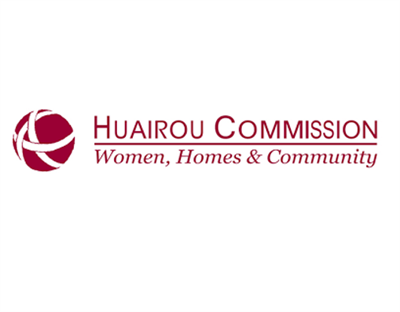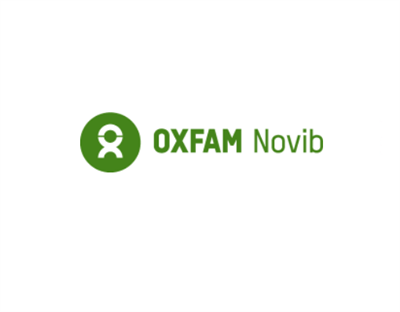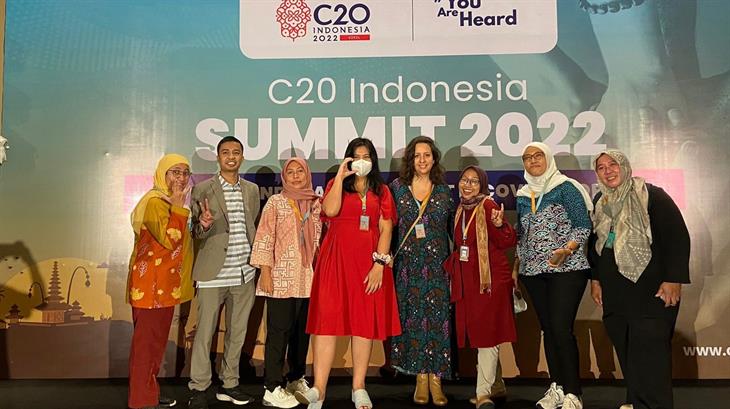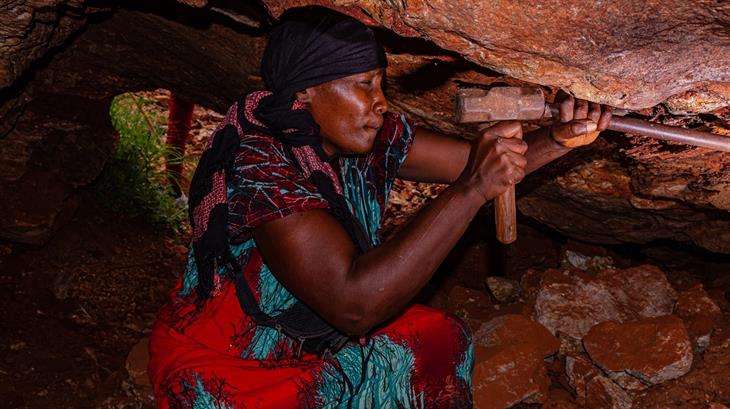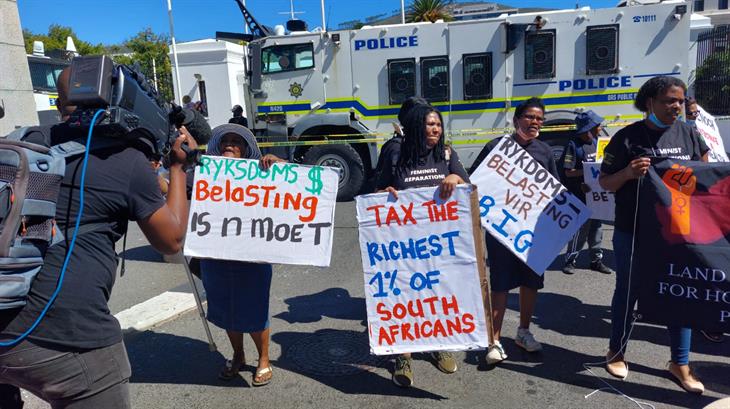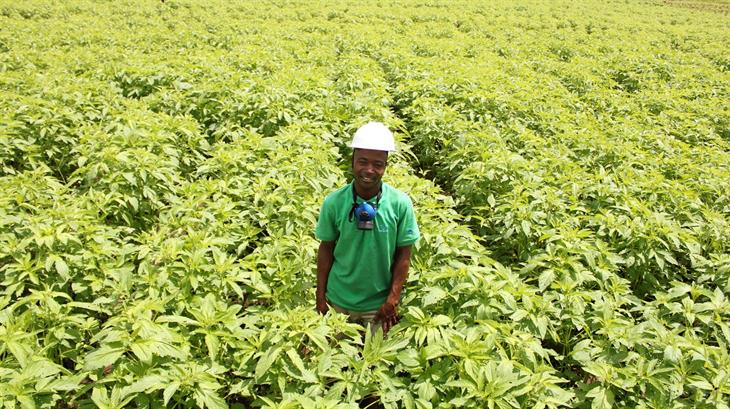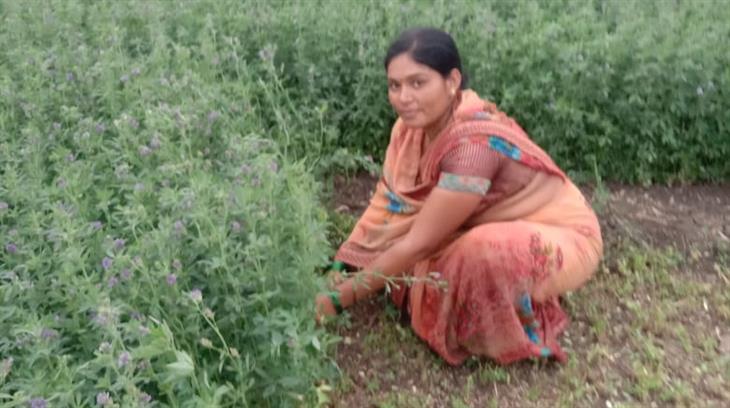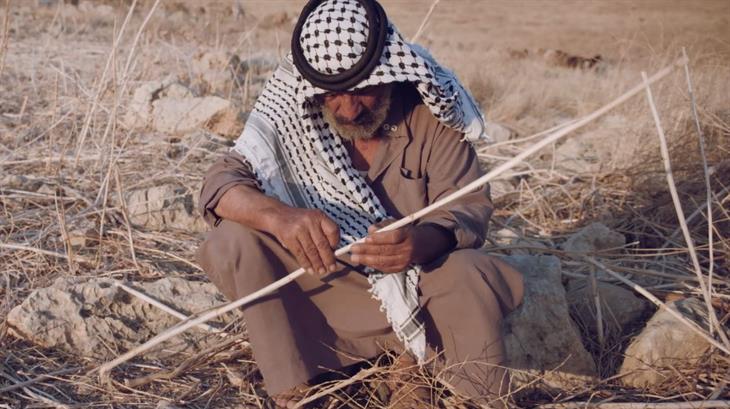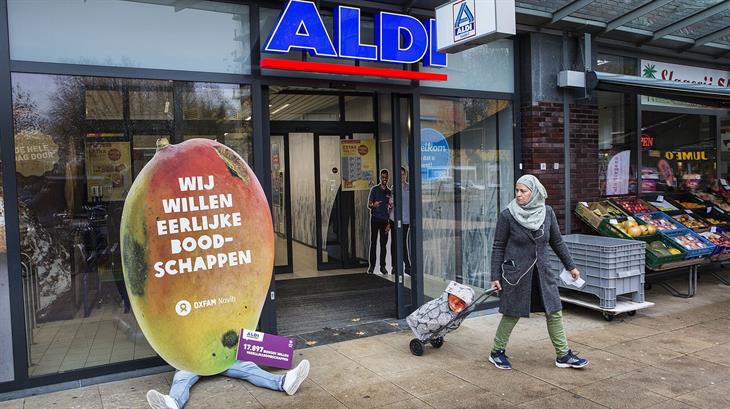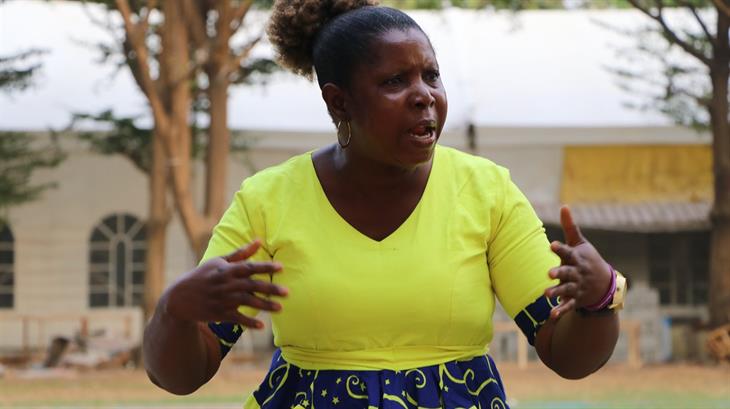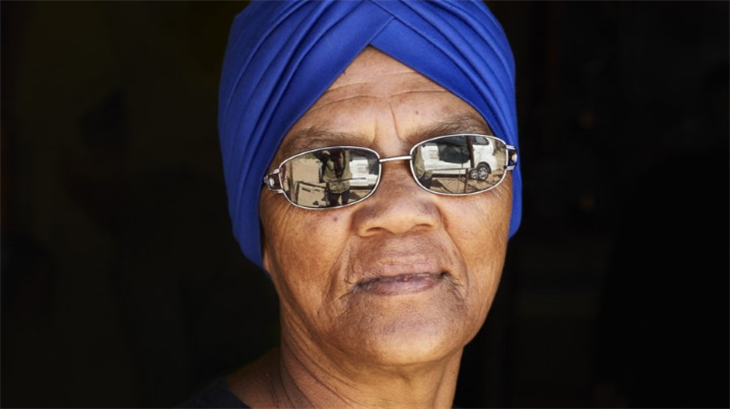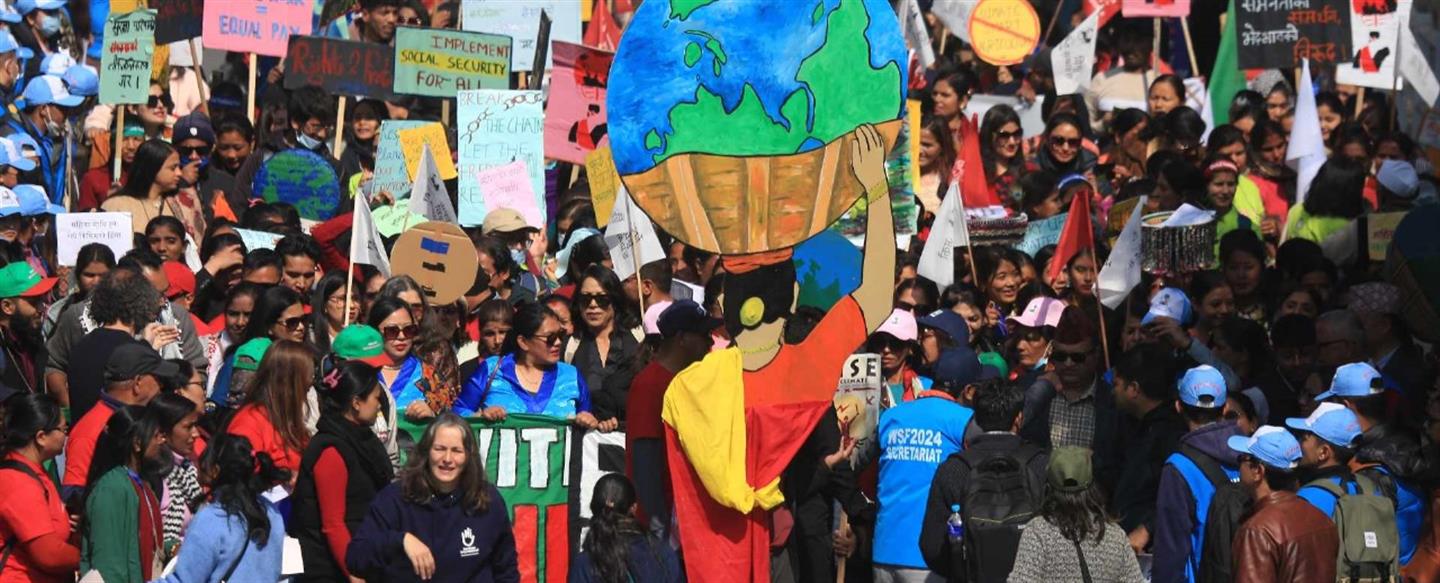
FAIR for ALL
‘FAIR for ALL’ contributes to a world in which global value chains serve people and planet before profit. The current system of Global Trade is unjust: its benefits are not equally distributed. To ensure a future that is fair for all , this needs to change.
Trade rules prioritize commercial interests, concentrating wealth and power in the hands of a few rich individuals, companies, and countries. Meanwhile, millions of people in the Global South pay the highest price and have not benefitted from international trade: they live in poverty, lack decent livelihoods, and face job insecurity, whilst being on the frontlines of the climate crisis. Globally operating companies and financial sector actors are not held accountable for their wealth-hoarding practices. With new and expanding restrictions on civil society, the power of people to redesign their local, national, and global economies hangs by a thread.
A partnership for change
The ‘FAIR for ALL’ program is a ‘Power of Voices’ partnership with the Dutch Ministry of Foreign Affairs in a consortium with SOMO, Third World Network- Africa (TWN-Africa), the Huairou Commission and Oxfam Novib. The program is implemented from January 2021 until December 2025. With a budget of 71 million euros, ‘FAIR for ALL’ is the largest investment in an influencing program on fair value chains.
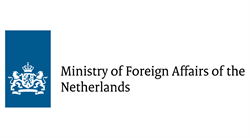
Our vision: a systemic change is within reach
Global Trade and Value Chains can be fair for all. Current inequalities and the wealth gap are a consequence of political and economic choices. The ‘FAIR for ALL’ program believes that a systemic change is crucial and within our reach. Around the world, we work for a change which ensures that:
- Global Trade and Value Chains are more inclusive of women and small-scale producers.
- Private-sector abuses are stopped by better regulation.
- Tax revenues and returns are channeled back into developing countries ’ economies and social sectors.
Vision FAIR for ALL
How does Fair for all contribute?
Worldwide, citizens are standing up against systems that prioritize profit over people and the planet. ‘FAIR for ALL’ supports and fortifies these movements and civil society organizations, empowering them to play their diverse roles as educators, mobilizers, creators, and watchdogs. Together, we demand change and contribute to more inclusive, equitable, and sustainable trade- and value chains. We appeal to actors to respect human rights, protect the environment, and promote women’s economic empowerment.
The consortium believes large-scale impact and systemic, long-lasting change can happen through the transformation of agricultural and extractive value chains. Millions of people work in - or are dependent on - agricultural and mineral commodities. Many more are impacted by unfair competition, seasonal work, low incomes, land evictions and the climate crisis. Supporting efforts that ensure respect for human rights and increase the opportunities for women led small-scale productions, has the potential to uplift the livelihoods of millions of people.

Pathways of Change
To achieve its objective, the ‘FAIR for ALL’ program is built on four pathways of change:
- Strengthens Civil Society to co-create alternative business models that share value more equally among all involved stakeholders and empower women.
- Pathway 1 will be implemented by partners in Brazil, Cambodia, Ghana, India, Indonesia, Kenya, Mozambique, Myanmar, OPT, South Africa and Uganda.
- Strengthens Civil Society to advocate for a more responsible private and financial sector that respects land rights, decent work, living wages, women’s and environmental rights and civic space.
- Pathway 2 will be implemented in Brazil, South Africa, Mozambique, Ghana, Kenya, Uganda, OPT, India, Vietnam, Indonesia, Cambodia and Myanmar.
- Strengthens Civil Society to advocate for governments to regulate the private sector with regulatory frameworks that are effectively enforced.
- Pathway 3 will be implemented in Brazil, South Africa, Ghana, Nigeria, Kenya, Uganda, OPT, India, Vietnam, Indonesia, Cambodia and Myanmar; with thematic differences in specific countries:
- Vietnam, Ghana, Uganda, Myanmar, Kenya, Indonesia and Brazil: land tenure and security for women and prevention of land degradation.
- All countries: decent wages and working conditions.
- Kenya and India: improving conditions of people working in the private sector.
- South Africa, Ghana, Nigeria, Kenya, Uganda, OPT, India, Vietnam, Indonesia, Cambodia and Myanmar: strengthen fiscal and trade regimes to end tax evasion and avoidance.
- Strengthens civil society to mobilize citizens for fiscal and trade reforms that increase domestic resources and investment in locally owned, sustainable and inclusive economies.
- Pathway 4 will be implemented in Brazil, South Africa, Mozambique, Ghana, Nigeria, Kenya, Uganda, OPT, India, Vietnam, Indonesia, Cambodia and Myanmar.
Where we work
The ‘FAIR for ALL’ program is implemented in 14 countries worldwide: Brazil, South Africa, Mozambique, Ghana, Nigeria, Kenya, Uganda, OPT, India, Vietnam, Indonesia, Cambodia, Myanmar, and the Netherlands. FAIR for ALL is also implemented at the Asia and Africa regional and global levels. This is to align activities and leverage influencing agendas across local, national regional and global levels.
Annual reports
Since 2021, we have worked with more than 100 civil society organizations in 14 countries worldwide. Our annual reports paint a rich picture of how we supported civil society organizations to lobby and advocate for improved value chains at scale.
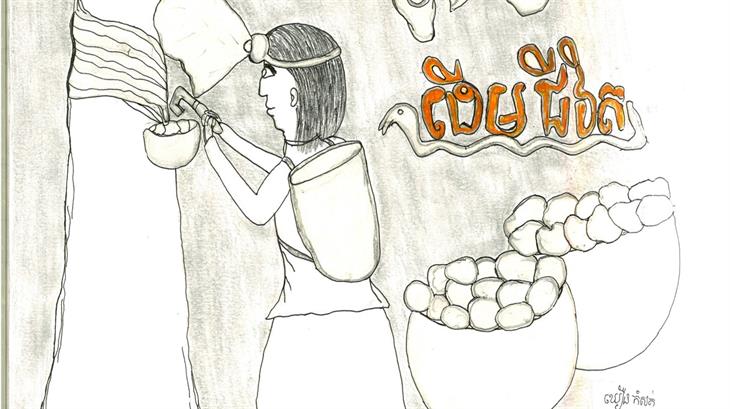
Year 3
In our third program year (April 2023 – March 2024) we supported over 900 civil society organizations directly or indirectly to push for systems change.
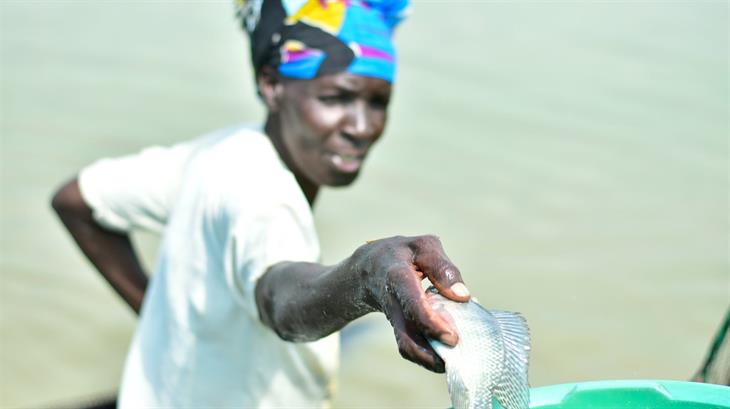
Year 2
In our second program year (April 2022 – March 2023) we inspired connections to build synergies between diverse advocacy agendas.
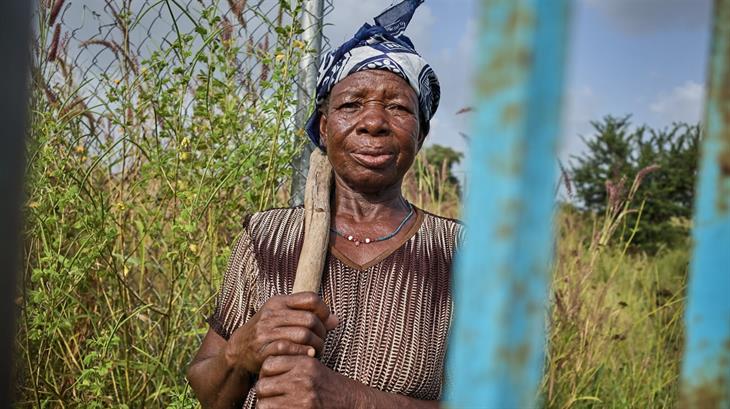
Year 1
In our first program year (January 2021 – March 2022) we worked with more than 100 civil society organizations to jointly lay the foundations for FAIR for ALL.
Our work and research on the New Economy
Sparks of a New Economy
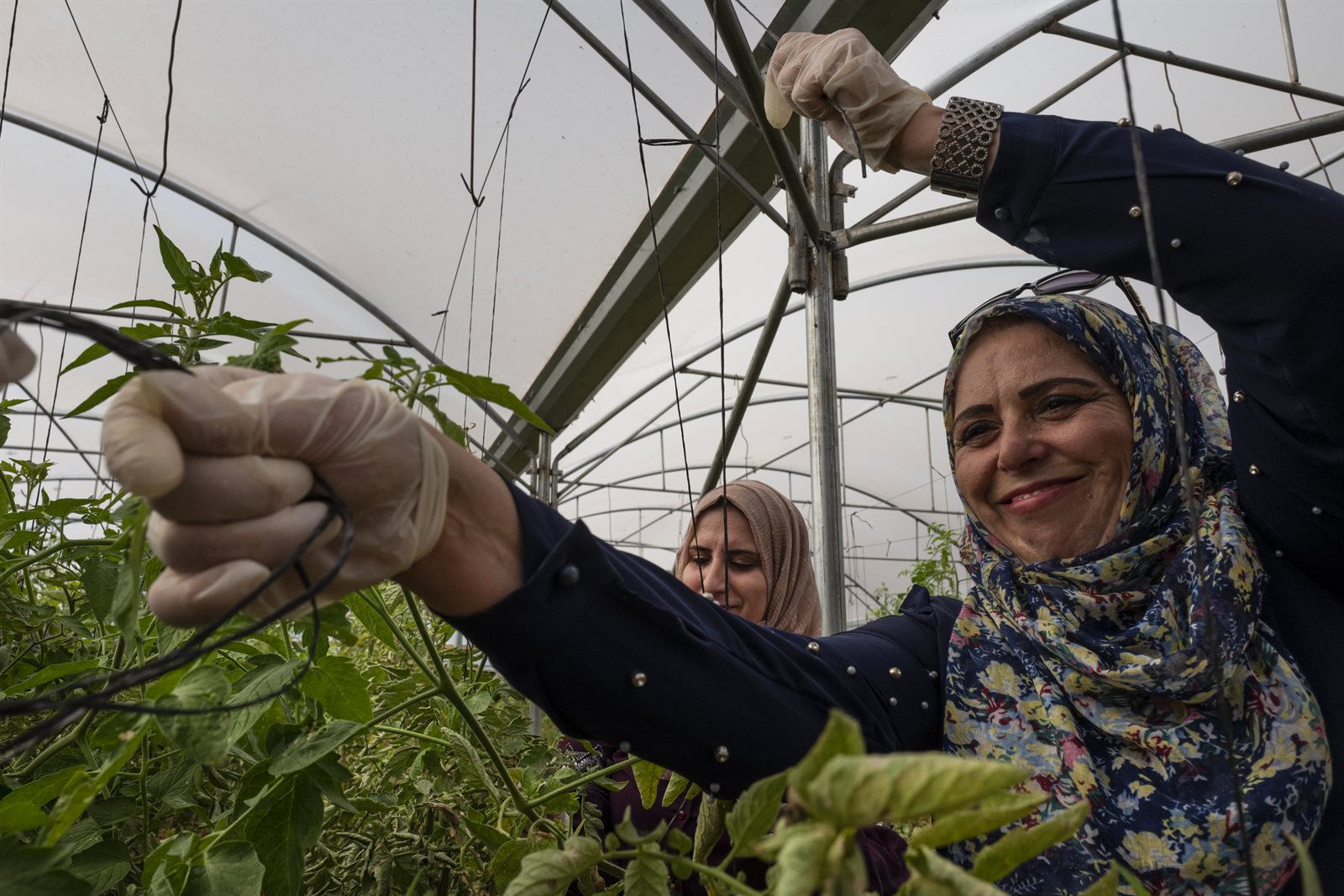
Sparks of a New Economy is a storytelling publication focused on community-led initiatives across the global majority that are prefiguring values and practices of a new economy – showcasing that the ‘new economy’ phrase increasingly used in the global minority to point towards economic systems change is not new at all but rooted in long-standing ideas and community practices from the majority world. Written by: Better By Codesign for Oxfam
Read in English Read in Portuguese
Scaling Responsible Business Models
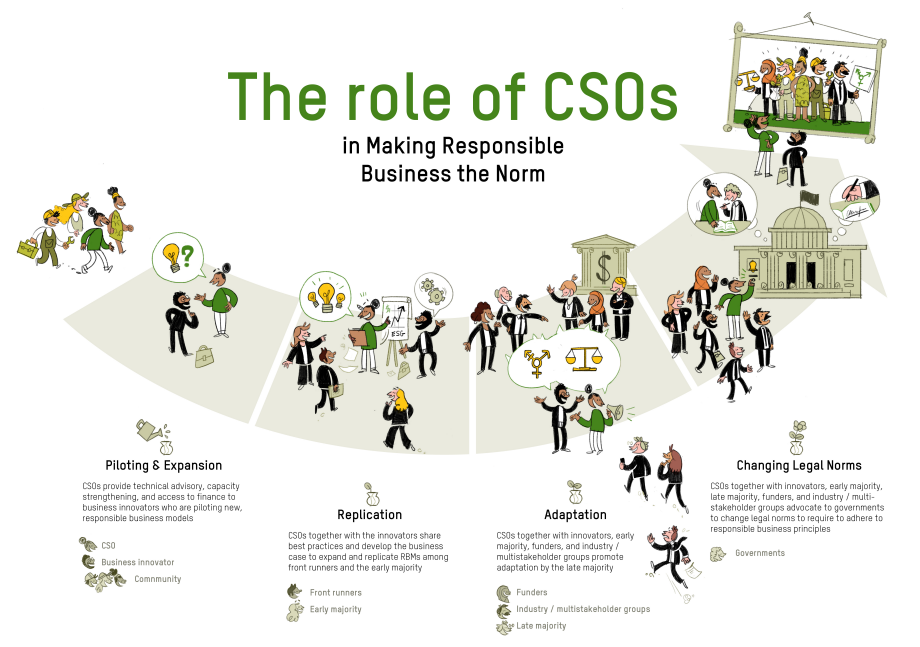
The new Oxfam report, “Scaling Inclusive, Responsible, and Sustainable Business Models,” focuses on the various roles civil society actors can take in certain contexts to contribute to economic systems change and to make responsible business mainstream. With practical case studies, it lays a blueprint for how civil society organizations, together with businesses, governments, and funders, can create an enabling environment for companies that adhere to responsible, regenerative, and redistributive business practices of the new economy – and how scale such practices from niche to normal. It includes cases from around the globe. Written by: AidEnvironment for Oxfam
How Oxfam Novib is making responsible business the new normal
This document summarizes key findings from previous research by AidEnvironment commissioned for Oxfam in the FAIR for ALL programme with advice on the most effective roles that civil society organizations can take in promoting and scaling responsible business, including real examples from the FAIR for ALL program on the ground. Written by: WE ARE JUST, Sunanda Poduwal, and Sara Golden.
Impact stories
CONNECT WITH US
Oxfam Novib - Erik Boonstoppel (Project Lead Power of Voice FAIR for ALL Partnership)
SOMO - Irene Keizer
Third World Network- Africa Wilma Osei
Huairou - Rocio Diaz-Agero


